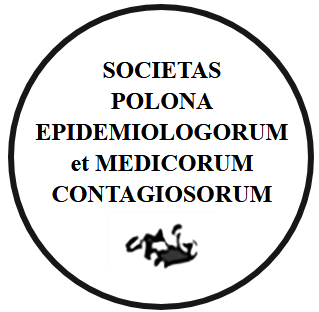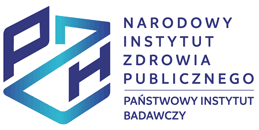REVIEW PAPER
Knowledge, perception and practice regarding HPV vaccination: a review
1
Studenckie Koło Naukowe przy Katedrze i Zakładzie Medycyny i Epidemiologii Środowiskowej, Wydział Nauk Medycznych w Zabrzu, Śląski Uniwersytet Medyczny w Katowicach, Polska
2
Katedra i Zakład Medycyny i Epidemiologii Środowiskowej, Wydział Nauk Medycznych w Zabrzu, Śląski Uniwersytet Medyczny w Katowicach
Submission date: 2024-07-22
Final revision date: 2024-10-04
Acceptance date: 2024-10-11
Online publication date: 2024-10-21
Publication date: 2024-12-10
Corresponding author
Jakub Fiegler-Rudol
Studenckie Koło Naukowe przy Katedrze i Zakładzie Medycyny i Epidemiologii Środowiskowej, Wydział Nauk Medycznych w Zabrzu, Śląski Uniwersytet Medyczny w Katowicach
Studenckie Koło Naukowe przy Katedrze i Zakładzie Medycyny i Epidemiologii Środowiskowej, Wydział Nauk Medycznych w Zabrzu, Śląski Uniwersytet Medyczny w Katowicach
Przegl Epidemiol 2024;78(3):257-265
KEYWORDS
TOPICS
ABSTRACT
Human papillomavirus (HPV) is one of the most common sexually transmitted infections and poses a significant public health concern due to its link with various cancers. Despite widespread awareness of HPV, actual knowledge about the virus remains limited, which limits the effectiveness of preventive measures such as vaccination. This article reviews the literature to evaluate how HPV knowledge influences attitudes toward vaccination. Studies indicate that access to education and healthcare is crucial in bridging knowledge gaps about HPV. To improve awareness, vaccination rates, and screening participation, targeted educational interventions and public health strategies are essential. Furthermore, changes in the education and training of healthcare providers are necessary for the successful implementation of public health initiatives, boosting vaccination uptake and increasing the performance of screening tests.
Share
RELATED ARTICLE
We process personal data collected when visiting the website. The function of obtaining information about users and their behavior is carried out by voluntarily entered information in forms and saving cookies in end devices. Data, including cookies, are used to provide services, improve the user experience and to analyze the traffic in accordance with the Privacy policy. Data are also collected and processed by Google Analytics tool (more).
You can change cookies settings in your browser. Restricted use of cookies in the browser configuration may affect some functionalities of the website.
You can change cookies settings in your browser. Restricted use of cookies in the browser configuration may affect some functionalities of the website.





